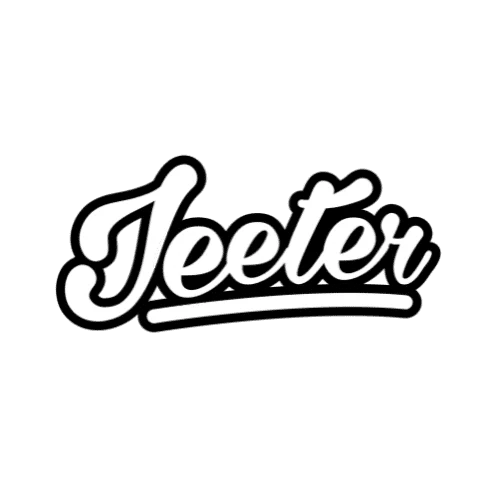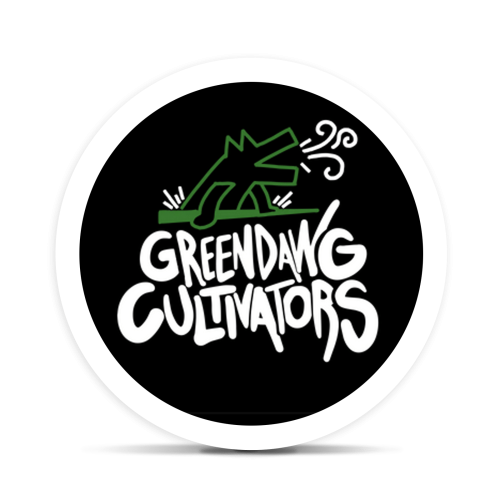Anyone who wants to sell anything in 2024 tends to sell a lot more of it if they develop a presence on social media, Instagram being the most important of these platforms by far. The lengths to which a business goes to please “the algorithm” now largely determines whether a new business will succeed or fail in today’s market.
This has proven to be a very painful thorn in the side of anybody involved in cannabis whether it be in the recreational or traditional market. In short, everybody’s been getting their accounts deleted and the algorithm seems to get better at catching people every day, especially since the introduction of AI.
In the past, this problem could be avoided by clever wording, avoiding shots of actual bud, and other tricks of the trade developed over years of having to operate both in the shadows and in the open simultaneously. Most everyone involved in cannabis was still “shadowbanned,” meaning their accounts were intentionally hard to find or generally achieved significantly less reach than accounts in other industries, but the accounts remained active at the very least. Lately, as the algorithm advances, more and more people seem to be getting their accounts taken down or stripped of all functional features like the ability to go live, send and receive DM’s, monetize posts, etc.
In the last several months, many longstanding accounts of big industry players have been taken down entirely including Doja Pak, Berner, Stiizy and CBX as well as several smaller but notable cannabis-related accounts. Whenever an account goes down, Meta offers little to no recourse to have it put back up even when no rules seem to have been broken, so those affected are forced
to do business with shady and often fraudulent “account recovery” pages. Some of these appear to be outright scams, some of them get the pages back somehow but also retain the ability to re-ban the account later on so the user is forced to pay time and time again. There have also been scattered reports of Meta employees engaging in pay-to-play account recovery. It’s all very murky and infuriating to people trying to run successful cannabis businesses even in areas where it’s legal to do so.
This has driven a large mass of cannabis content creators and marketers over to X, formerly known as Twitter, where cannabis content is generally allowed to exist without too many issues, at least for the time being. However, the potential audience on X has been dwindling severely ever since Elon Musk bought it and changed the name. X has a little over 500 million total users worldwide, around 200 million of which are daily users whereas Instagram has 2.4 billion worldwide users and 500 million daily users.
The sad truth is, Meta has absolutely no incentive to allow cannabis content onto its platform. Cannabis remains federally illegal under Schedule 1 of the Controlled Substances Act meaning
Meta can’t allow anyone to run advertisements for it on their platform even if they wanted to. Their stance on cannabis-related ads is as follows:
“We don’t allow ads that promote or offer the sale of the following products: ● THC (Tetrahydrocannabinol) products or cannabis products containing related psychoactive components.
- Drug-related paraphernalia, such as bongs, rolling papers and vaporizers.”
Outside of that, Meta is a private company meaning “free speech” is not protected on any of their platforms and they can more or less pick and choose what they allow to be posted. Additionally, young people make up a huge subset of Instagram’s user base. According to Oberlo, 18-24 year olds make up 31.3% of Instagram’s user base and the Pew Research Center estimated in 2023 that about 59% of teens aged 13-17 use Instagram. As such, Meta has been taking increased steps to protect its younger users amid growing backlash about safety on their platform, which is why they just opted to make all teen accounts private by default.
For all of these reasons, it does not appear Instagram will be allowing cannabis content on its platform anytime soon. This has made it very difficult for cannabis producers and cannabis-adjacent companies to maintain a consistent social media presence, especially when you consider how easy it is for competing companies or disgruntled customers to report a page and get it banned either using bot farms or simply making multiple accounts to report the page from. For creators and businesses in other fields, it wouldn’t be as easy to get a page banned but in cannabis, all it takes is a few reports on a page to get somebody restricted or banned entirely.
Berner, CEO of Cookies, recently had his main page and backup page taken down. He opted to take his fight all the way to Meta headquarters in Menlo Park. At the end of that meeting, he was able to get his page back and get an actual representative at Meta to monitor his page instead of the algorithm, which does not seem to be able to show any deference to pages that are related to cannabis but don’t necessarily break engagement rules. He posted the following on his Instagram page after having it restored:
“My page is back, yes, but I’ve been getting about 10-15 violations a day for stuff that’s not even a violation at all,” Berner said in a video post. “I’m talking like flyers for my music, flyers for my documentary series, me talking about my upcoming events being reported as sexual activity. That being said, my page is back up but it’s being heavily attacked. The good thing is this page is being monitored by Meta because we know that there’s some weird shit happening in the background.”
Ryan Bartholomew, owner of Doja Pak, recently went on the Catalyst podcast to talk with Elliot Lewis and one of the topics they covered was Instagram, as the Doja Pak page was recently taken over by a hacker and is, for the moment, no longer run by the company.
“It’s disheartening when you have built the page a certain way. Originally the first thing was I was getting deleted all the time and I had to stop posting weed pictures so I had to archive all my beautiful weed pictures that are the reason that I built this community in the first place, Bartholomew said. “And then it just got to be where I was just getting picked on. I wasn’t able to go live or do all kinds of shit. I’m always under shadow bans, people are limiting my engagement.”
Another point Bartholomew touched on which has been particularly frustrating for cannabis operators is that scam accounts impersonating popular companies or creators run rampant on Instagram and rarely seem to get taken down.
“The bad part about it is that I have so many scam accounts which is probably one of the reasons that my shit’s hacked right now. These scam accounts a lot of times have a similar amount of followers. They’ll have 200 thousand followers. A lot of the people that know us follow them not knowing it’s scam accounts,” Bartholomew said. “It’s weird how a lot of the time it seems like the scam accounts aren’t shadowbanned, they come up first. They come up first, they’re out here scamming people. There was a Doja account that got a blue check at one point and it wasn’t me.”
While cannabis might be a difficult gray area for social media companies to deliberate on, the ongoing fraud and constant fight to stay afloat for cannabis operators indicates that Meta will hopefully have to do something eventually to either keep the scam pages off Instagram or allow cannabis companies operating in legal areas to conduct normal business on their platform, under increased scrutiny if need be as long as it’s human scrutiny and not AI.
“They don’t give us the support that we need to run legitimately,” Bartholomew said. “If not, then you have all this fake shit going on and it just dilutes the whole community and then who’s really getting hurt?”
























